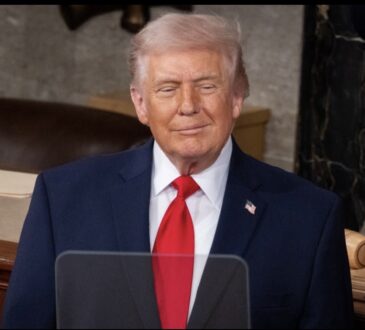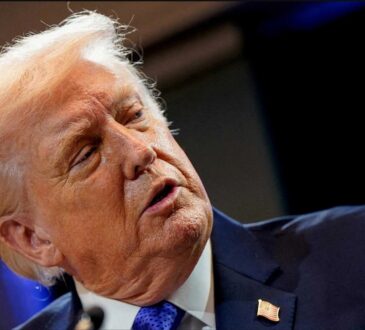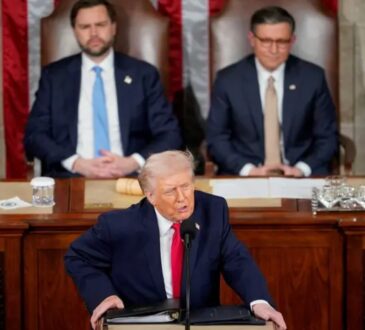
Speaker Mike Johnson tried for months to stop the fight over the Jeffrey Epstein files from exploding, but the issue grew far beyond his control. From the start of the summer, he hoped the pressure would cool down, that lawmakers would move on to other topics, and that the Epstein debate would stay buried. Instead, it spread like wildfire. More and more Republicans, from both the far-right and the middle of the party, publicly supported releasing the files. By the time Johnson realised how fast support was building, it was already too late. His original plan to stall and delay completely collapsed. With no other choice left, he suddenly moved to bring the bill up for a vote before the situation got even more chaotic.
People inside Congress say Johnson didn’t change course because he wanted to—he did it because leadership ran out of options. For weeks, aides watched members who normally never agree on anything quietly line up behind the bipartisan bill from Rep. Thomas Massie and Rep. Ro Khanna. Hardline conservatives who rarely break away from Donald Trump were signing on. Moderate Republicans who usually avoid controversial headlines were signing on too. The bill would force the Justice Department to release all of the Epstein files, hiding only the identities of victims. The speed at which lawmakers joined the effort shocked even senior staff.
One Republican aide admitted that delaying any longer would only make things worse. The votes were stacking up in ways leadership simply couldn’t stop. Another Republican said Johnson’s sudden decision made sense: “If you know you’re going to lose eventually, you might as well get it over with.”
Even Massie and Khanna didn’t expect things to move this quickly. Collecting 218 signatures on a discharge petition is usually the hardest step, and once they hit that number, they assumed the rest would take weeks. But the moment they hit the required signatures, the House Oversight Committee released thousands of Epstein-related emails. Those emails created a fresh wave of pressure and made it nearly impossible for leadership to argue that more delays were reasonable.
With the bill now headed toward a vote, Massie is thinking even bigger. He wants at least two-thirds of the House to support the measure. That level of support would make the bill veto-proof, meaning Donald Trump couldn’t stop it even if he wanted to. Massie understands that anything less than a two-thirds margin will make the Senate fight much more difficult. But hitting that number would force senators—Republicans and Democrats alike—to take the bill seriously, even if Trump opposes it.
Johnson’s reversal is striking when you consider how hard he worked to avoid this outcome. Before the August recess, he dismissed the House early in part to avoid the vote. In September, Trump’s allies quietly pressured Republicans not to support Massie and Khanna’s petition, warning them it would anger the former president. Even this week, senior Trump-aligned operatives were still calling members, trying to peel away support.
But none of it worked. Every attempt to block the effort failed. As more Epstein documents surfaced, public demands for transparency grew louder. And as more signatures piled up, the political cost of resisting became too high for leadership to ignore. Eventually Johnson and his team accepted reality: let the House vote, pass the bill if the numbers are there, and push the problem onto the Senate.
The Senate’s reaction remains unpredictable. Senate Minority Leader John Thune has already said additional legislation might not be necessary because so many Epstein files have already been released. Trump has openly stated he might veto the bill if it reaches his desk, suggesting he isn’t happy with how quickly the movement has grown.
At the same time, pressure from the public has been rising for months. Voters across the political spectrum want transparency. Many Republicans now feel that blocking the release would make them look like they are hiding something, which could be politically damaging. Supporting transparency, even reluctantly, seems to be the safer path.
What began as a fringe issue has now become a central political battle. Johnson didn’t plan for this fight, and he didn’t want it. But the momentum inside his own party forced his hand. Now the House is preparing for a vote that could reshape the conversation around one of the most controversial cases in recent American history. The next move belongs to the Senate—and the stakes there are even higher.




